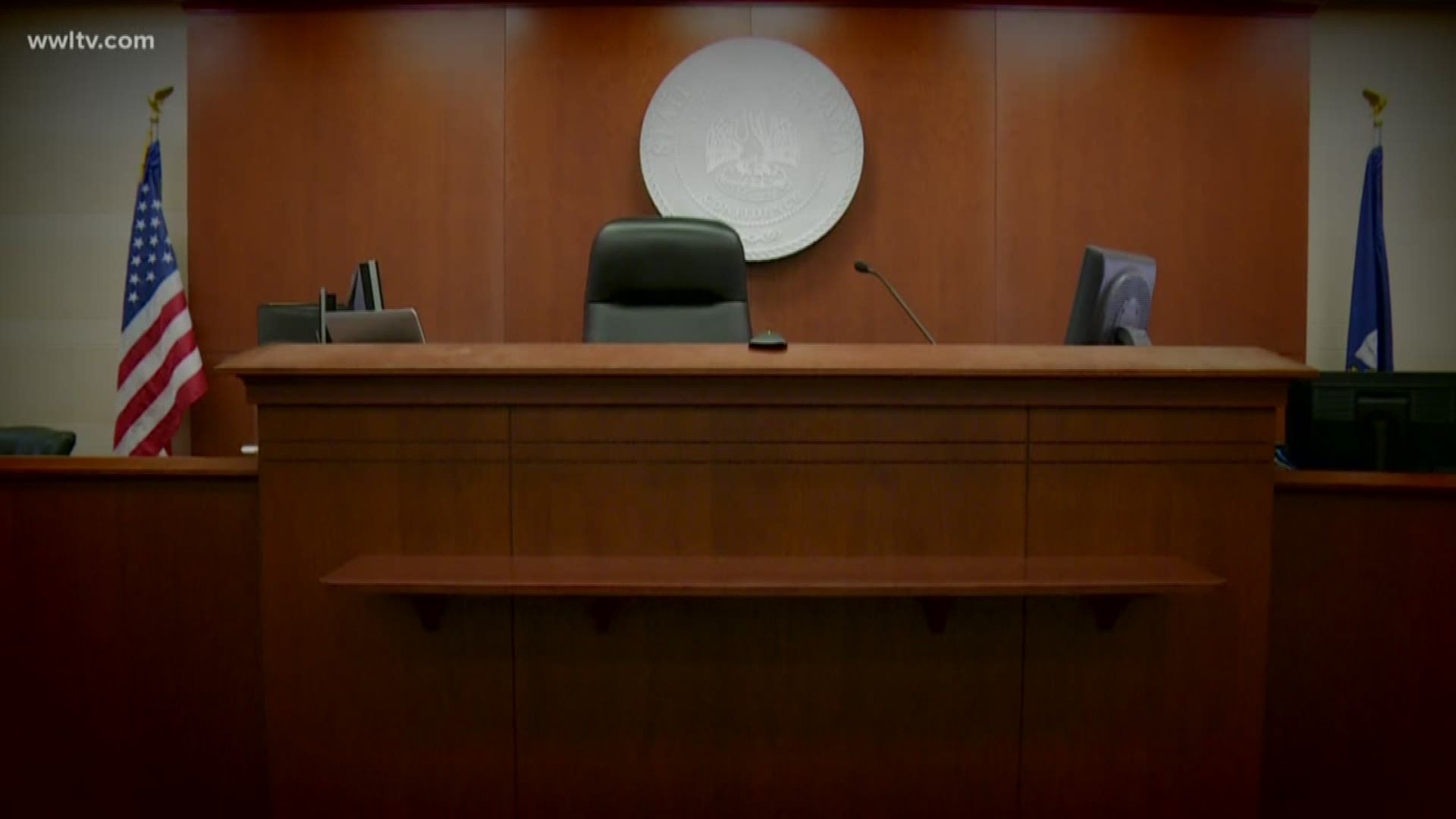NEW ORLEANS — Every year, judges across Louisiana file financial disclosure forms meant to shine a light on how members of the judiciary earn their incomes. But most members of the public never see them.
Though they are public documents, judges’ financial disclosure forms have only been available upon request from the Louisiana Supreme Court. Not only is that system cumbersome, but it has stirred concern that anyone who requested one could be the subject of retribution from the judge they wanted to examine.
But the Metropolitan Crime Commission, a watchdog group based in New Orleans, is seeking to change that, unveiling a database Tuesday that allows anyone to search disclosure forms on the commission’s website. The database includes financial disclosure forms for each of the 289 judges seated on Louisiana’s district and appellate courts, along with the state Supreme Court.
“The Supreme Court has failed to recognize that judges are just as accountable as any other public official,” Metropolitan Crime Commission President Rafael Goyeneche said in an interview. “To not make this information readily available to the public is a symptom of the disconnect between the judiciary and the public.”
The Louisiana Supreme Court has been under increasing scrutiny since The Advocate | The Times-Picayune published a series of stories last year about how judicial misconduct can remain hidden from the public thanks to a secretive process of addressing claims of judicial misconduct. For instance, people who file complaints about judges with the Louisiana Judiciary Commission are barred from discussing them publicly.
After the newspaper’s stories, the Supreme Court softened its rules, agreeing to allow complainants to discuss their cases once an investigation concluded or a misconduct hearing was scheduled. Critics say those changes do not go far enough.
The lack of online financial disclosure forms for judges is another way in which the judiciary is insulated from rules that apply to other public officials in Louisiana; other elected officials have to file forms annually that are posted on the Ethics Board's website.
The Metropolitan Crime Commission received the judges' financial disclosure forms by filing public records requests to the Supreme Court.
Under former Gov. Bobby Jindal’s administration, the Legislature passed laws in 2008 that required public officials, and even some low-level public board appointees, to file financial disclosures annually that would be available to the public online.
The plan was for the rules to apply to judges as well as other politicians, but the judiciary put up a fight over the possibility of the Legislature creating and enforcing rules governing their ethics and financial disclosures.
“The judiciary argued they had exclusive control over their rules,” Jimmy Faircloth, Jindal’s former executive counsel, recalled in an interview. “There was an unhitching of the judiciary at the request of the judiciary.”
Since then, Louisiana judges have filed annual financial disclosure forms, but they have not been posted online. In other neighboring states, including Alabama, Arkansas, Georgia, Mississippi, North Carolina, Tennessee and Virginia, financial disclosure information is available for judges, according to the Metropolitan Crime Commission.
“This is something the government should be doing, and we’re going to do it until the Supreme Court decides to change their policy,” Goyeneche said. “This is just putting the judiciary on the same level playing field as every other elected official in the state of Louisiana, and I think it will go a long way toward maybe making the Supreme Court reassess the way that they manage the judges and courts of Louisiana.”
The forms include information about how much money judges earn on the bench and in various other business interests they hold; they must list property they own, investment accounts they use, travel reimbursements they claim and nonprofits they support. The forms also contain information about judges’ spouses and their financial interests.
Goyeneche said he expects that attorneys and members of the public will be able to use the forms to determine if judges who oversee their cases have any financial conflicts of interest that could impede their objectivity on the bench. Another potential outcome could be the discovery that judges are not disclosing financial information that they should be, he said.
The crime commission sent each Louisiana Supreme Court justice a letter on Jan. 10 telling them that the commission planned to post the disclosure forms online, and urging the Supreme Court to make the disclosures more easily accessible to the public.
Goyeneche said he has not received a response.
Staff writer John Simerman contributed to this report.
More Stories
► Get breaking news from your neighborhood delivered directly to you by downloading the new FREE WWL-TV News app now in the IOS App Store or Google Play.

